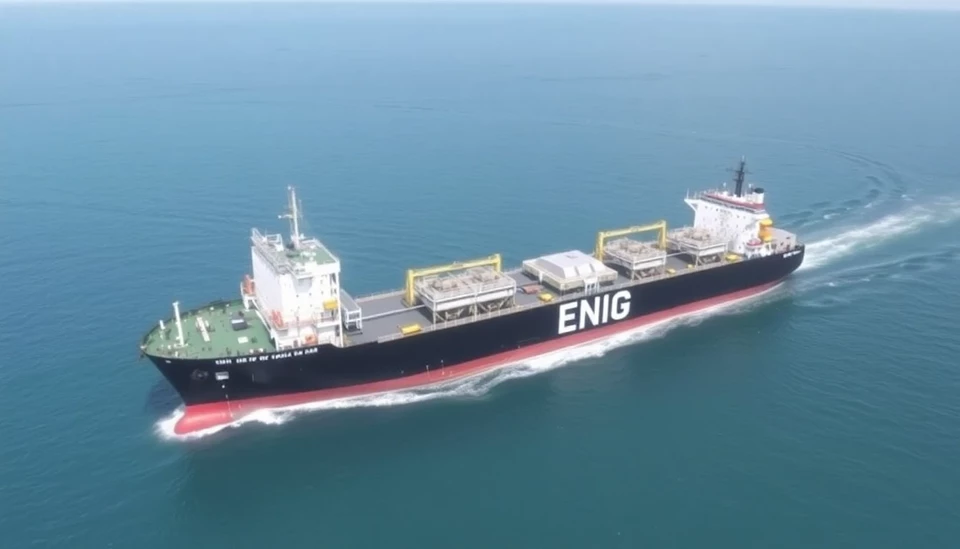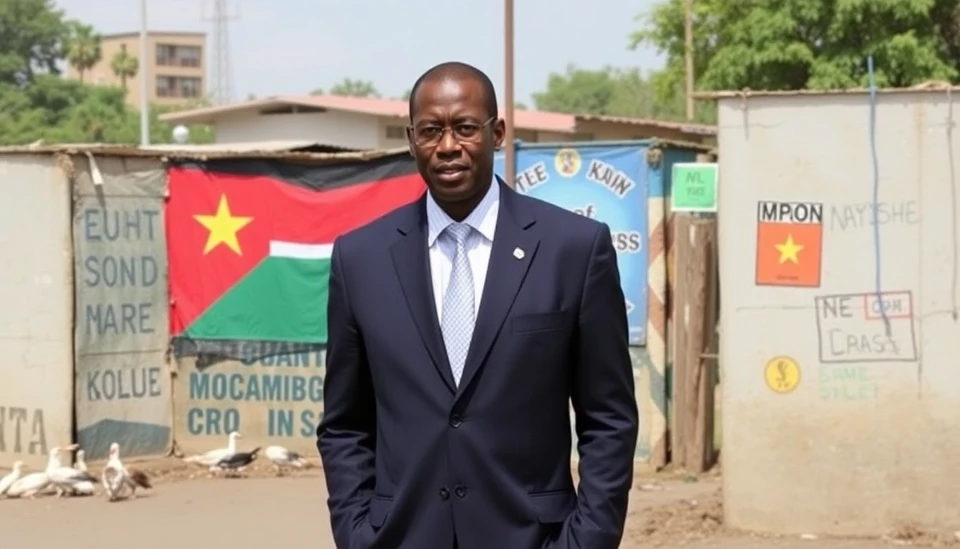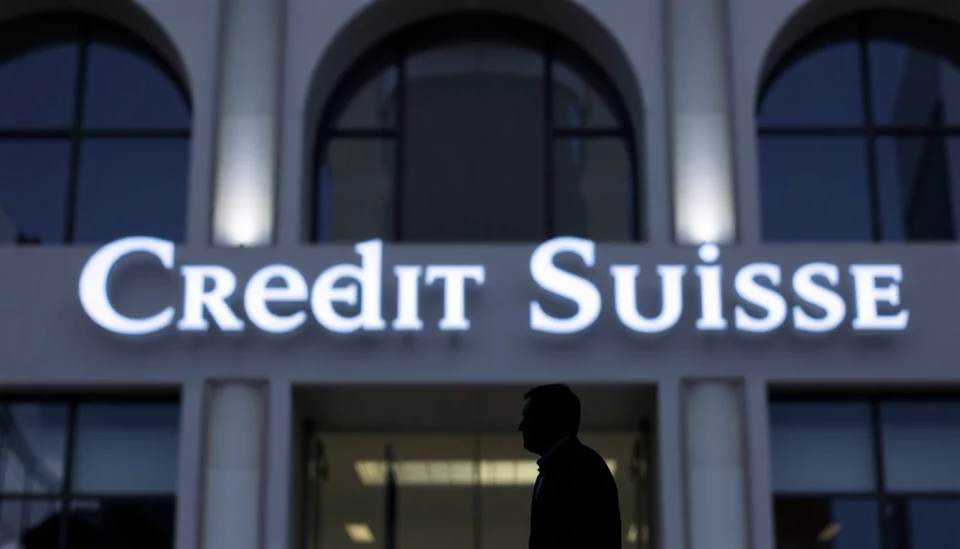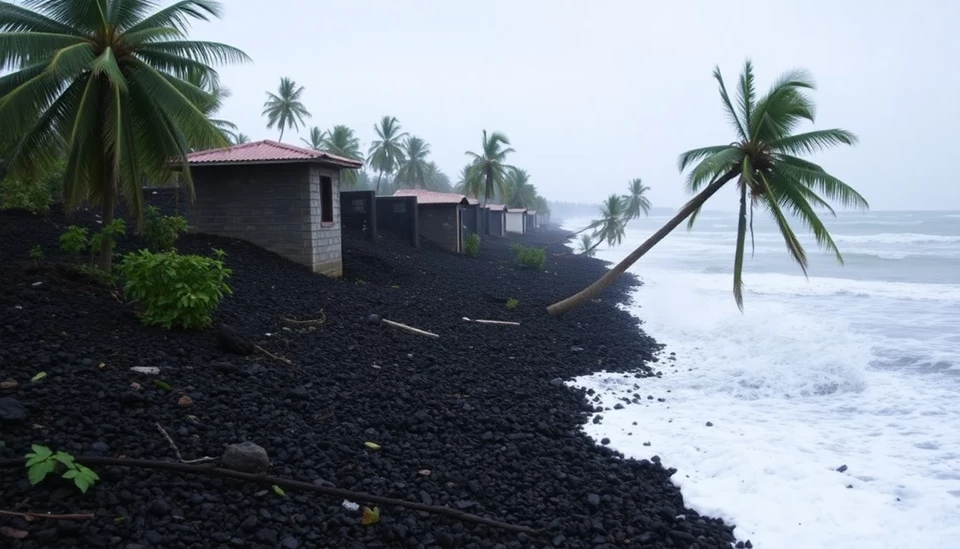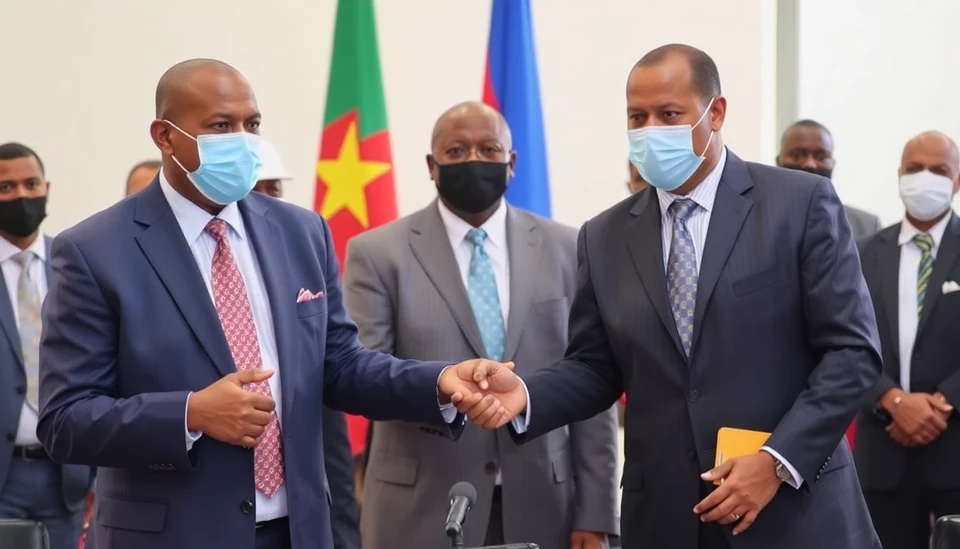
In a significant development for Mozambique, the opposition leader, Ossufo Mondlane, declared his willingness to join forces with the ruling government to pursue a peace agreement with the notorious insurgent group known as Chapo. This decision marks a pivotal shift in the political landscape of Mozambique, particularly amidst ongoing violence and unrest in various regions of the country.
The peace initiative, as announced by Mondlane, is designed to alleviate the persistent conflict that has plagued parts of Mozambique, especially in the Cabo Delgado province, where Chapo has been responsible for numerous attacks. Mondlane emphasized the urgency of collaboration across political divide to address the underlying issues fueling the insurgency, which has resulted in substantial loss of life and disruption of daily activities for civilians.
During a press conference, Mondlane stated, “We’ve come to realize that peace is not only a necessity but an obligation for all of us. We must put aside our differences to forge a path toward stability and security for our people.” His remarks highlight a growing consensus that national security should transcend partisan politics in Mozambique, a country that has been through its share of challenges since its independence.
This collaboration appears to be part of a broader effort to stabilize the nation. Mondlane's political party, the Mozambique Democratic Movement (MDM), seeks to play a constructive role in governance, which has historically been characterized by confrontation between the ruling FRELIMO party and opposition factions. The MDM's shift towards a cooperative stance is seen as a potentially transformative move that could reshape Mozambique’s political dynamics.
Furthermore, Mondlane's commitment comes at a time when international attention is increasingly focused on the humanitarian crisis unfolding in northern Mozambique. Reports indicate that thousands of civilians have fled their homes in anticipation of further attacks, further urging leaders to intensify peace efforts.
The government of Mozambique, led by President Filipe Nyusi, expressed optimism regarding Mondlane's announcement. Officials have reiterated their willingness to engage in dialogue with opposition groups, highlighting the need for a united front against insurgency, which threatens the nation’s progress and socio-economic development.
Experts believe this agreement could lead to necessary reforms and investments in the region most affected by the violence, potentially improving the welfare of local communities. The prospect of a collective strategy is seen as a critical step towards restoring not only security but also fostering a sense of national unity amid varying ideological differences.
As dialogues progress, the situation remains closely monitored, with both domestic and international stakeholders keeping a watchful eye on Mozambique’s path towards peace and stability. The unfolding partnership between the opposition and government illustrates a proactive approach that could set a precedent for resolving complex political and social conflicts in the region.
Ultimately, whether this collaboration leads to lasting peace will depend on the consistency of commitment from both sides, as well as the broader support from Mozambican citizens who have long awaited stability in their nation.
#Mozambique #Peace #OssufoMondlane #Chapo #ConflictResolution #CaboDelgado #MDM #FRELIMO #HumanitarianCrisis #PoliticalStability
Author: Rachel Greene
